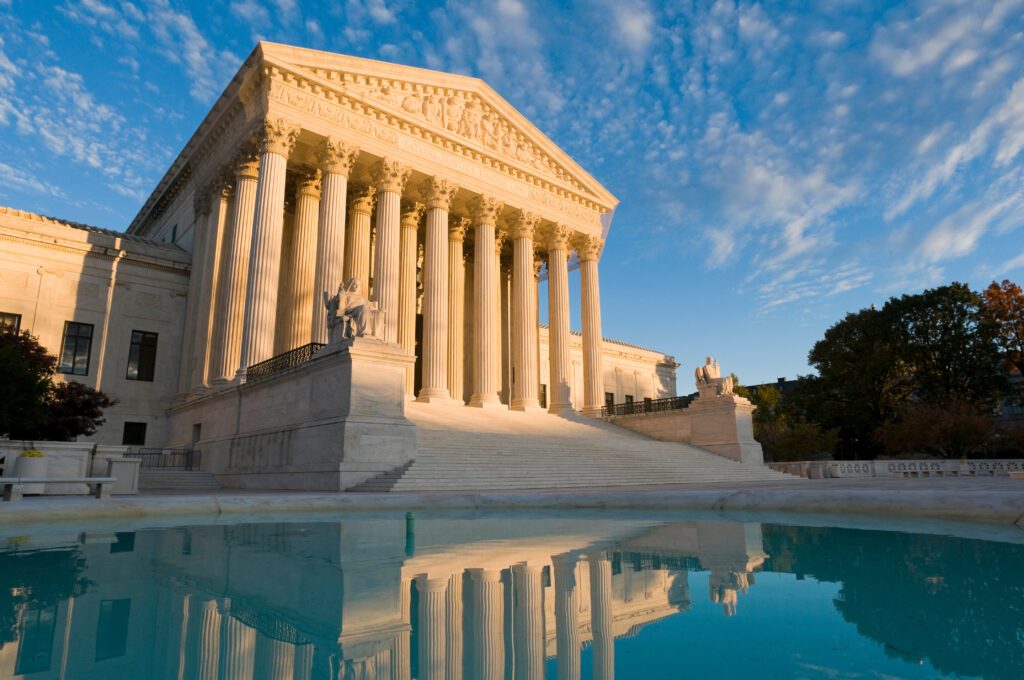Last month, the House Judiciary Committee’s Subcommittee on Antitrust, Commercial, and Administrative Law held the first in a series of hearings on potential changes to the Bankruptcy Code. An expert analysis of some of the issues raised in the hearing by Josiah M. Daniel III, a retired partner in residence at Vinson & Elkins LLP, was published by Law 360.
Daniel explains that some members of Congress are proposing drastic changes to how mass tort bankruptcies are handled, and he argues that these changes “would upend the balanced system, at the expense of deserving, injured individuals.” His analysis also looks at legislation introduced in conjunction with the hearing that would severely limit bankruptcy courts’ ability to stop lawsuits against companies that aren’t bankrupt themselves but are closely connected to a bankruptcy case. Courts have offered these protections, often described as “third party releases,” to resolve bankruptcies filed by companies overwhelmed by asbestos and other mass tort litigation. Plaintiffs’ lawyers and their clients overwhelmingly supported the courts’ decisions in many of those cases.
Last month’s hearings and the accompanying legislation could be considered an opening salvo in a new plaintiffs’ bar initiative to seek advantages in mass tort litigation and bankruptcy negotiations.
According to Daniel’s analysis, the assertions of misuse of the bankruptcy process put forward by the legislation’s proponents do not outweigh the benefits of the bankruptcy system as it currently functions. Daniel points out that this system has worked “for four decades to provide fair distributions of payments to those injured by mass torts of companies.”
“Fundamentally, Chapter 11 functions well to resolve disputed, unliquidated claims fairly and to allocate the proceeds of assets and causes of action to those entitled to payment. Over the past four decades under the Bankruptcy Code, mass tort bankruptcy cases have resolved millions of civil tort claims and paid billions of dollars to injured claimants,” Daniel wrote.
“Businesses will continue to face mass tort litigation. Chapter 11 and the tools to implement it should remain available for mass tort situations. Precipitous, wholesale changes to the code, such as forbidding or limiting the use of injunctions and third-party releases, would result in fewer resources becoming available to compensate victims because third parties would no longer contribute funds to bankruptcy trusts to resolve claims the way they do now. Any such changes to bankruptcy law should be neither sudden nor political.”



